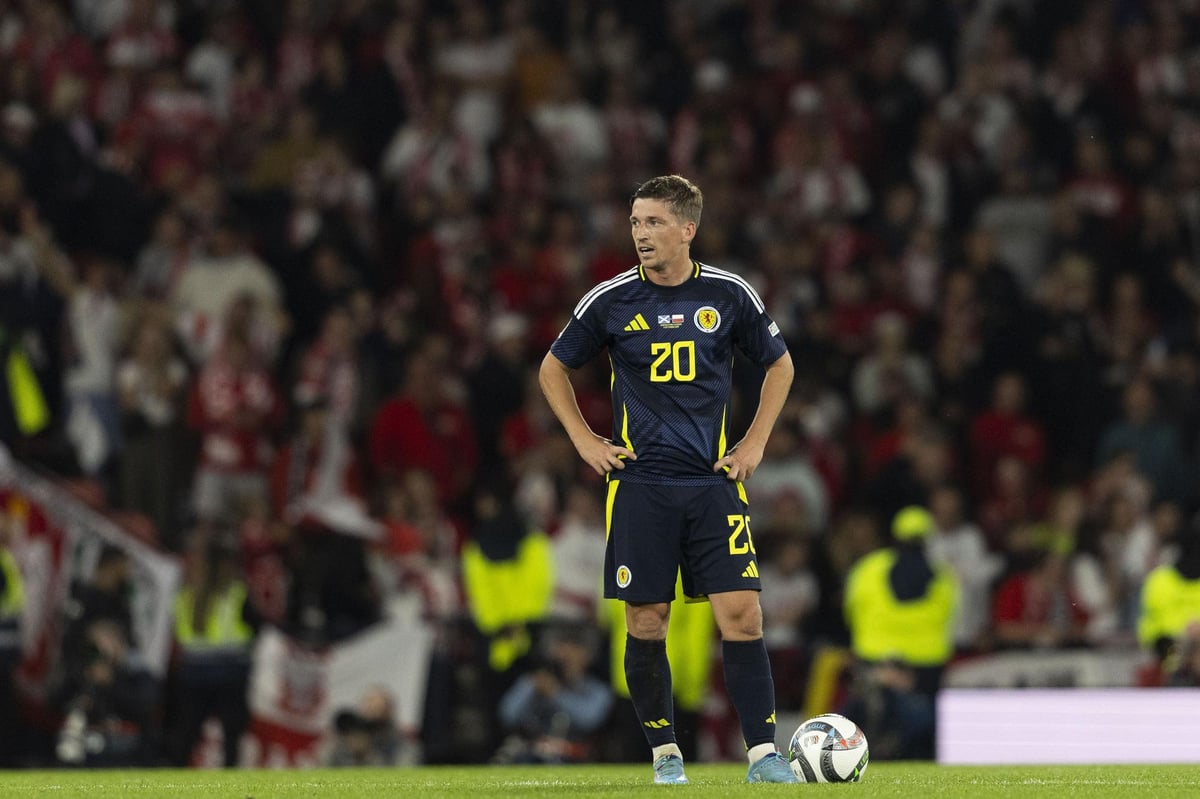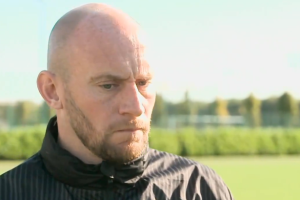The perplexing case of Scotland’s worst-ever competitive run.
It feels odd to discuss redemption for Steve Clarke while also reflecting on one of the lowest points in the national team’s history. Clarke, the first manager to qualify Scotland for back-to-back European Championships, now holds the dubious record of overseeing an eight-game competitive winless streak. How should this contradictory period in Scottish football be understood? It was the best of times and the worst of times—a phrase Charles Dickens might have written with Lyndon Dykes and his teammates in mind.
Future football historians may look back on this run and wonder why Clarke remained in charge as defeats piled up. Paradoxically, instead of intensifying, the pressure on Clarke seems to have lessened as the streak continued. This puzzling contradiction might leave future analysts scratching their heads as they comb through the records of 2024. Were the SFA asleep at the wheel? Did Clarke have some hidden leverage?
A home defeat to Northern Ireland, heavy losses to the Netherlands, and even more humiliating defeats to Germany, have all put Scotland in a tough spot. Two recent narrow losses to Poland and Portugal have further derailed Scotland’s momentum, making it a full year since the national team won a meaningful match.
Despite this, some supporters remain unconvinced that Clarke is the right man to lead the team. Critics are skeptical of his stubbornness and bristly manner, and they aren’t reassured by his promises of a “refresh” after Euro 2024. The inclusion of players like Ryan Gauld and Ben Doak has been seen by some as superficial, especially considering the brief game time they were given in recent matches.

Notably, Clarke stuck with eight of the starting 11 from the final Euro 2024 group game against Hungary in the two matches following the tournament. His reluctance to make significant changes has fueled frustration, with some critics viewing late-game losses as evidence of coaching inadequacies, not bad luck.
Clarke, however, could argue that Scotland’s tendency to concede late in matches predates his tenure. A widely shared social media post recently highlighted many such collapses, dating back to 2001, when Belgium’s 93rd-minute equalizer remains a haunting memory for many fans. Although modern football now sees extended stoppage time due to VAR, Clarke is tasked with finding a solution to this persistent problem.
When questioned about the fragility of his team after a late defeat to Portugal, Clarke emphasized belief and hard work until the final whistle. He praised his players, like Scott McKenna and Grant Hanley, for their determined defending and commended goalkeeper Angus Gunn, who received high praise from Portuguese media.
Clarke also pointed out that while the team didn’t earn any points from the recent window, they secured Ryan Gauld’s commitment to Scotland, officially ending any potential eligibility for Canada. When asked why Gauld, who had excelled in the Portuguese league back in 2018, was only now breaking into the national side, Clarke explained that the midfield is one of Scotland’s strongest areas. He noted that the team had been missing key players like Lewis Ferguson and Stuart Armstrong, but Gauld’s patience had finally paid off.
In the end, Clarke has managed to buy himself a bit more time, though the road to redemption remains uncertain.
GET MORE NEWS ON LIFESTYLEROOM.NET


